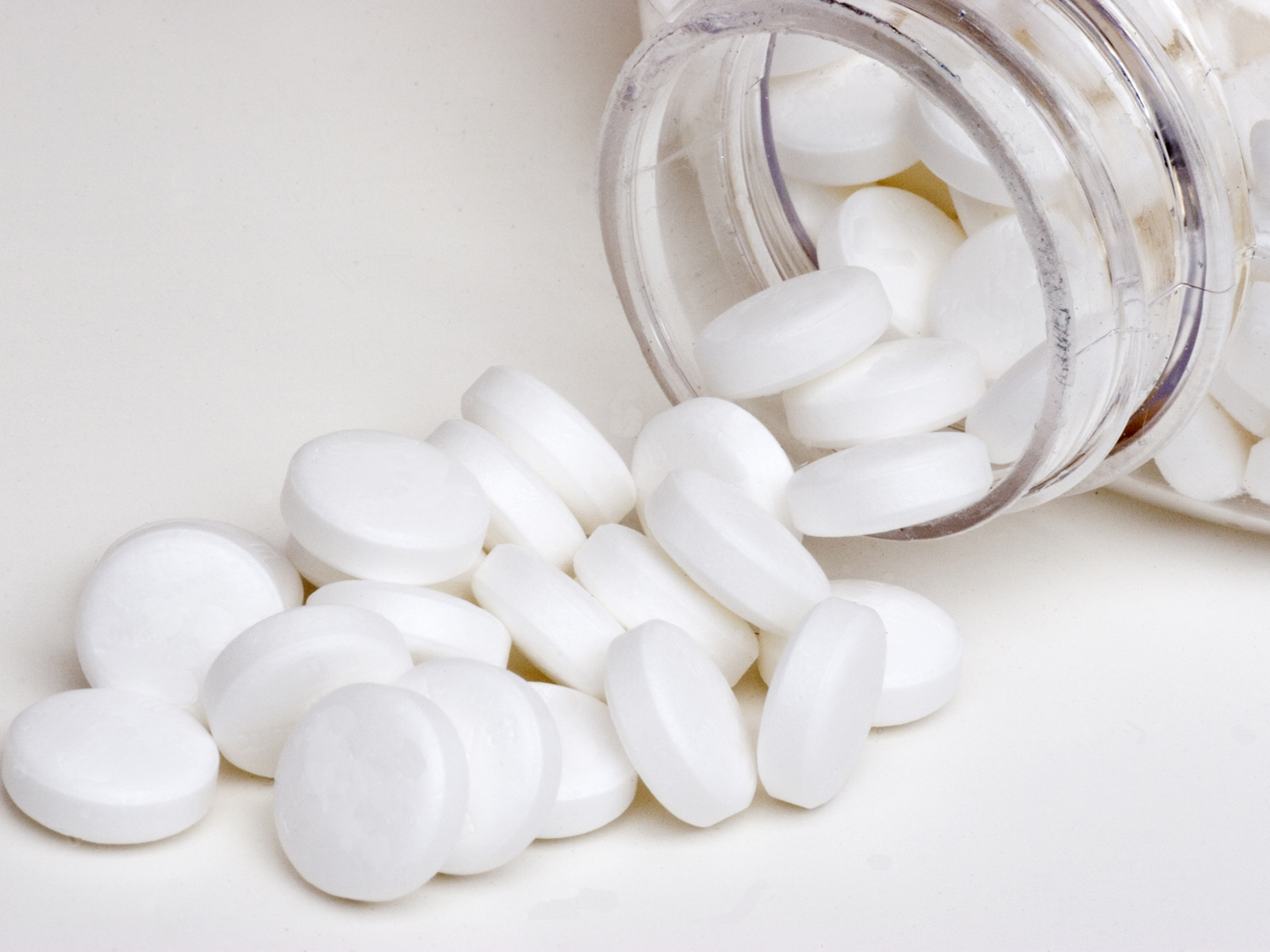Need More Testosterone?
I am a 30-year-old man and have low testosterone. My doctor recommends that I take a testosterone supplement. I understand that there can be serious side effects. Are there natural ways to boost my testosterone?
Andrew Weil, M.D. | November 13, 2007

Testosterone is the hormone that fuels the male (and female) sex drive, and in men, maintains bone density, muscle mass and skin tone and is responsible for male secondary sexual characteristics such as facial hair and deep voice. Typically, the blood test used to establish low testosterone levels is ordered because a man has a medical concern, such as low libido or possible infertility. Because testosterone also influences mood, men with low levels may feel depressed, angry, tired, or confused. Don’t depend on a single test to tell you that your testosterone levels are low. Levels fluctuate throughout the day and are usually highest in the morning; for this reason doctors generally prefer to test your blood early in the day. So you may need repeated tests to confirm that you do have a testosterone deficiency.
The causes of low testosterone include a pituitary disorder, damage to the testicles due to alcoholism, physical injury, or viral infection; chronic liver and kidney disease; iron overload; and cancer treatment. Stress can be a contributing factor as can any chronic illness. I don’t know of any natural method of increasing testosterone levels. Men who lack normal age-appropriate amounts are treated with hormone replacement aimed at bringing levels back to normal and keeping them there. This should restore libido, increase bone density and muscle mass, and boost your mood. If erectile dysfunction has been a problem, this should address that as well.
You can get supplemental testosterone via an injection every two or three weeks or by using a skin patch or a gel that you rub into your skin. Both of these methods allow for continuous delivery of testosterone so that you absorb it at about the same pace as the body would naturally produce it. (Pills don’t work – they can cause liver problems and don’t provide adequate hormone levels.) If you use the gel, you must cover the application site to prevent contact with women and children. The patch can cause itching or irritation and can fall of when you sweat.
A newer method of testosterone supplementation involves a tablet that sticks to the surface of your gums and is slowly absorbed into the bloodstream (you replace the tablet every 12 hours). Side effects include gum or mouth irritation, bitter taste and headache, most of which disappear within two weeks.
More serious side effects from prolonged testosterone replacement can include breast enlargement, acne or oily skin, decreased testicular size, and an increased risk of prostate enlargement or prostate cancer in older men. In men with heart, kidney, or liver disease, there is also a risk of fluid accumulation that may contribute to congestive heart failure. Other potential side effects include sleep-related breathing problems or erections that occur too frequently or last too long.
If you do need treatment, be sure to see your physician regularly for follow-up.
Andrew Weil, M.D.









